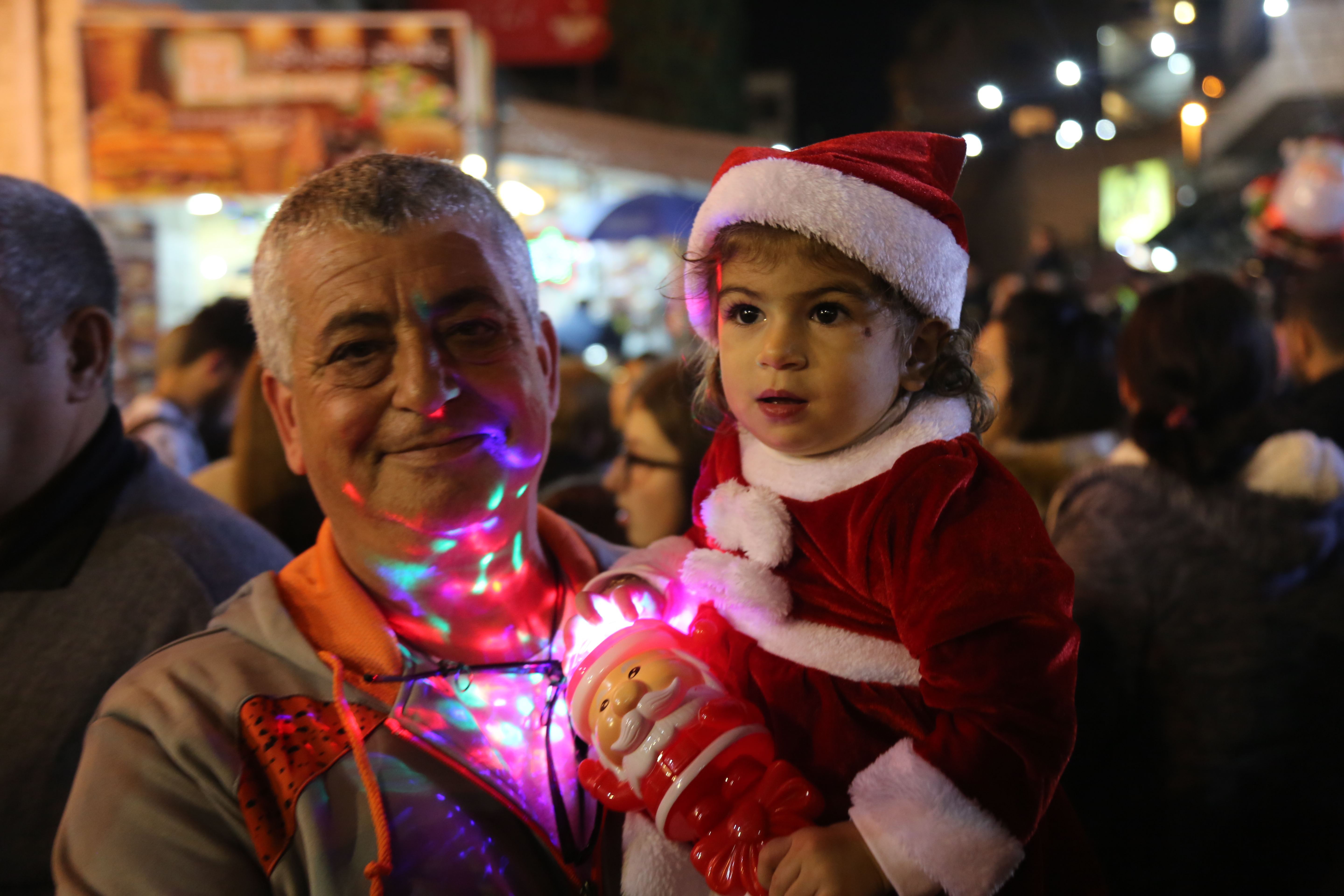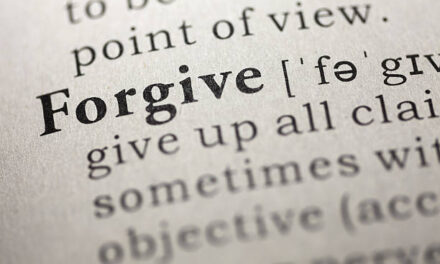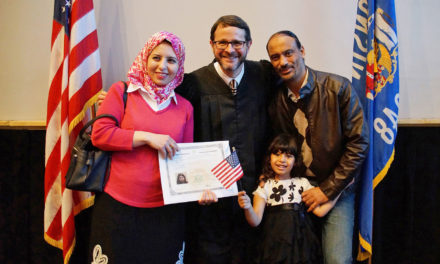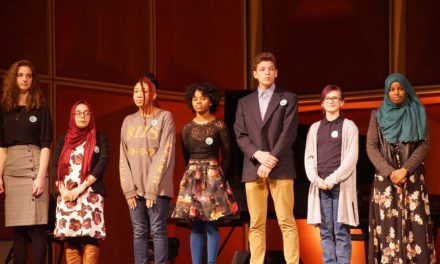© Photo
Palestinian Christians in Nazareth | Institute for Middle East Understanding
Sarah Hassaine as “Commentary: How a Muslim American embraces holiday season” for The San Diego Union Tribune
I vividly remember sitting in kindergarten class and the instructions were to draw your Christmas tree and the gifts underneath it. Five-year-old me burst into tears. With a lot of coaxing from my baffled teacher, I finally spat out “I don’t have a tree!” I remember my teacher telling me it is OK and to just draw my house. But we both knew I had been scarred.
I saw her talking to my mother privately after school and my parents had a talk with me that night explaining to me that I did not celebrate Christmas because I was Muslim. They told me I had my own holidays. I hated that day. I wanted to be like everybody else.
Up to that point, I did not know I was different. We did the same class activities, swapped fruit roll-up flavors at lunch, and enjoyed recess together — faith was a non-issue. But then it became an issue as I grew older — at work, on my resume, dating, traveling, etc.
Growing up Muslim in America has been a beautiful dance of embracing the holidays and traditions around me in society while also taking part in the rituals of one of the largest religions in the world, such as fasting Ramadan and marking its holidays.
I grew up giving gifts to my friends on my religious holidays and bringing in desserts to share at work. Growing up in the melting pot that is San Diego and Washington D.C., my efforts were received with kindness. In fact, people started anticipating the trays of baklava or would ensure not to order lunches to team meetings if I was fasting. I always felt so respected and accepted. And for that I am so thankful — which is why when Christmas, Hanukkah or other holidays roll around, I am cognizant to reach out and send well wishes out of respect.
I started throwing holiday gatherings over the holidays to mark the spirit of togetherness and host Ramadan dinners where meals would be served at sunset. In the spirit of inclusion and building bridges, I invite friends and colleagues, regardless of faith or spirituality. I want to create opportunities for exposure, conversation and understanding, rather than play into the discourse of “the other” or “differences.”
This is my favorite time of year. I love the music, the decorations, the flavors. What is not to embrace of the values of giving back, family time, joy and love? It is a happy time and it would be remiss to not partake with an open mind and heart.
If I lived in India, I would partake in Diwali. If I lived in China, I would celebrate Lunar New Year. Cultures are rich in traditions and it is a true blessing to learn and appreciate each one.
It has been a challenging dance of expectations. I repeatedly field assumptions projected on to me. Often, people are not sure on what to say to me, from “So do you celebrate Thanksgiving?” and to avoid saying “Christmas time” switching it with “end of year.” I once told a friend that I was hosting a brunch on Christmas day and the response was “But you don’t celebrate Christmas, who would come to that?” While I understand most people are being cautious, it feels exclusive. Also, what many do not realize is that Jesus Christ’s birth and life story is mentioned in depth in the Quran, this time of year can be special for Muslims as well.
I am an American who honors and celebrates the national holidays with respect for the traditions that anchor this country. I would hate for people to reframe my holidays and practices — I would never want to take away from anyone’s.
Christmas time is a special holiday around much of the world. The largest Christmas tree in the world is in Dubai and if anyone travels across the Middle East (the birth place of Jesus), Christmas lights and trees and traditional desserts are everywhere as it is the birthplace of Jesus Christ. As someone who has spent Christmas in Algeria, Lebanon, Egypt and Saudi Arabia, I can contend that I went to amazing parties and enjoyed great feasts toasting the season.
It is the season of coming together. It is especially a great opportunity to extend an olive branch and get to know people around you and invite them to partake in your holiday events. And hopefully they will then do the same for theirs. If not, that is OK because you did your part in building bridges and making this world a happier place.














